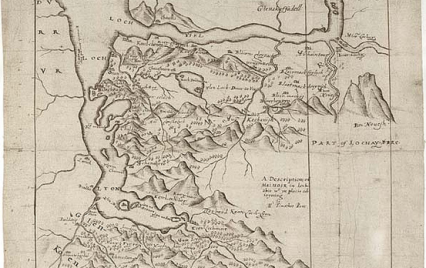The challenge is to grow, right? For leaders and creators this can be a genuine existential issue.
That’s because once you “get stuck” your work suffers. When that happens, you suffer.
Plus, the double whammy. Lots of us bolt when we hit the first BIG obstacle on our journey of personal growth….pain. (obviously because it hurts, duh, right?)
Can you be brave enough to look inside your heart/mind and see things you don’t want to, or feel long-buried pain? Can I?
That’s the challenge that this next exercise can dredge up.
You may not think you have the time for it. But, since your baggage goes with you, like it or not, there comes a time to choose life and growth. Now is that time. I’m doing this right along with you.
The pain of being stuck and stymied will at some point outweigh the pains inherent in growth. (Pay now or pay more later.) But, with that growth is new-found relief and a greater understanding of one’s self. A bona fide Victory. And it also means you have more to give in your work and in your relationships. You will have a greater ability to triumph in adversity and accept love more fully. And you will even become less reactionary to perceived or actual threats (This is also commonly referred to as maturity, but who’s counting, right?) This is all a boon, my friends. Just you wait and see!
An angry person is a hurt person and unhealed person. Take a look around, if that doesn’t describe you, it describes someone nearby.
(I try to remember this information when I read so much rubbish on the interwebs….or when I find myself far too frustrated–that is to say, in need of healing and growth.)
So, come with me in the next few days, and weeks, and let’s do this together.
Oh, please, do the 90 second exercise in the previous post, and set it aside, if you haven’t done it yet. If you have, this is the time to pull it out and slowly read over your answers for a bit. Mull them, note your insights. Then, onward!
Start thinking about creating this very useful tool you will fashion: Your Spiritual Autobiography.
Guidelines for Writing Your Spiritual Autobiography
Your story is your own; no one else can tell it. Below are some more ideas/exercises to help you consider your spiritual life, and how you may wish to write about it. It’s not a story of your life, or a timeline of people, places, and events, but rather a crafted personal account of what and who have made you who you are now.
To start creating your “Spiritual Map”….Identify and list the places in which important things have happened to you.
Spiritual Encounters with Others
Who are the three or four people who have had the greatest impact on your life? Why?
1.
2.
3.
4.
Experiences which Shaped You
What are two or three important experiences in your life? Why are they important to you? As you look back, do you see traces of God’s presence with you at those times?
1.
2.
3.
Impactful Communities
Which communities, religious or not, have had a lasting influence on your development?
Significant Choices
Think of the important decisions in your life. Discuss what they meant to you, how they were made, and the results.
Highlights and Low Points
List a few of the happiest and saddest experiences of your life.
Happiest
1.
2.
3.
Saddest
1.
2.
3.
4.
5.
A Master Story
Each of us has a “master story,” a theme that summarizes our life endeavor so far. See if you can recognize your master story. What might be a theme for your life thus far? If your life were a book, what might the title be? How about the title of the chapters you have lived so far, and are living right now?
Don’t worry about what this means for the future, just yet. Stay with your thoughts about your life up until now.
Did anything surface that surprised you?
Is there anything you need to grieve about?
In a week or two, we’ll revisit this. Thanks for taking this on! I’m lucky to have you along for this wild ride.


